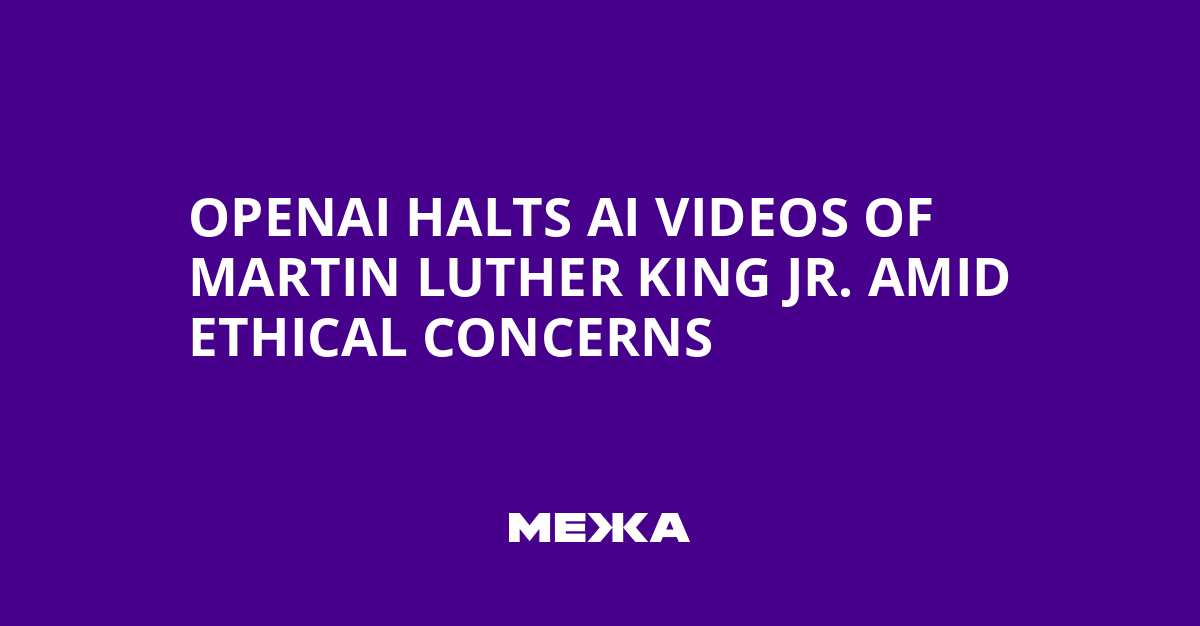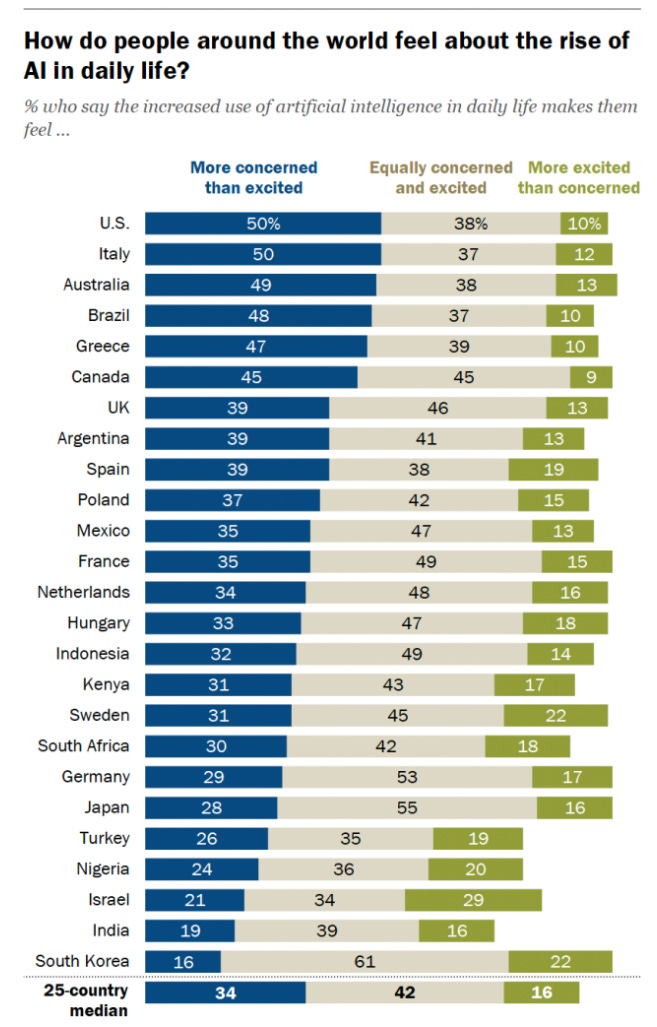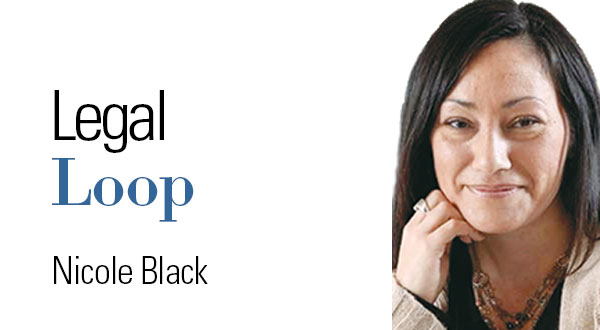Summary
Based on data from CNN
OpenAI has paused the ability for users to create videos featuring the image of Martin Luther King Jr. using the Sora AI tool, in response to criticism of disparaging images.
While there are strong arguments for freedom of expression regarding the depiction of historical fig…
Source:

AI News Q&A (Free Content)
Q1: Why did OpenAI halt the ability to create AI-generated videos featuring Martin Luther King Jr.?
A1: OpenAI paused the feature allowing users to create AI-generated videos featuring Martin Luther King Jr. due to ethical concerns. The decision followed criticism over the creation of disparaging images using the Sora AI tool. This move highlights the ongoing debate about the balance between freedom of expression and the ethical implications of AI-generated content.
Q2: What are the ethical challenges associated with AI in the context of freedom of expression?
A2: The ethical challenges of AI in relation to freedom of expression include the potential for AI-generated content to misrepresent or disrespect historical figures and sensitive topics. There is a need for ethical guidelines to prevent AI misuse while respecting freedom of expression. This involves ensuring AI systems are designed with fairness, transparency, accountability, and privacy in mind.
Q3: What role do AI ethics play in the development of AI systems, according to recent scholarly research?
A3: Recent scholarly research emphasizes the importance of integrating AI ethics into system design to prevent societal harm. This includes raising awareness among software practitioners about AI ethical principles such as fairness, transparency, accountability, and privacy. Tools like the AI Ethics Quiz have been developed to enhance practitioners' understanding and operationalization of these principles.
Q4: How has the concept of trust in AI been explored in recent studies, especially in non-Western contexts?
A4: Recent studies have explored the concept of trust in AI, highlighting its variability across different cultural contexts. In Africa, trust in AI is influenced by communal relations and local values, differing from Western perspectives. These studies reveal that trust in AI systems is shaped by personal experiences, social relations, and cultural values, underlining the need for culturally sensitive AI governance.
Q5: How does the ethical use of AI relate to the legacy of civil rights leaders like Martin Luther King Jr.?
A5: The ethical use of AI in relation to civil rights leaders like Martin Luther King Jr. involves respecting their legacy and contributions. AI-generated content must be handled sensitively to avoid misrepresentation or disrespect. This aligns with King's advocacy for dignity and equality, emphasizing the need for AI tools that uphold these values.
Q6: What are some practical steps for increasing AI ethics awareness among software practitioners?
A6: Practical steps for increasing AI ethics awareness among software practitioners include conducting interactive workshops and using tools like the AI Ethics Quiz. These initiatives aim to enhance understanding of AI ethical principles and their application in real-world scenarios. Engaging practitioners in discussions on fairness, transparency, and accountability is crucial for fostering ethical AI development.
Q7: How can AI systems be designed to balance ethical considerations with creative expression?
A7: AI systems can balance ethical considerations with creative expression by incorporating ethical guidelines into their design and development processes. This involves ensuring transparency, accountability, and respect for cultural sensitivities. By fostering collaboration between AI designers and ethical experts, AI systems can support creative endeavors while adhering to ethical standards.
References:
- Raising AI Ethics Awareness through an AI Ethics Quiz for Software Practitioners
- Big data ethics, machine ethics or information ethics? Navigating the maze of applied ethics in IT
- Synergizing Human-AI Agency: A Guide of 23 Heuristics for Service Co-Creation with LLM-Based Agents
- Martin Luther King Jr.






